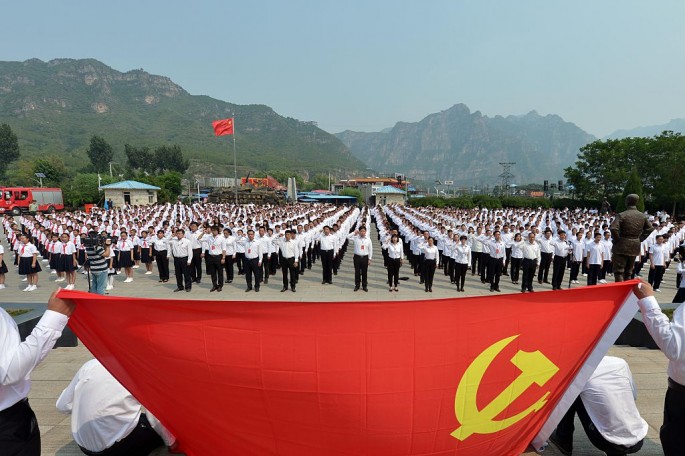China’s online army, called the “50 Cent Army,” is becoming more effective at controlling online opinion as their efforts are getting more sophisticated and refined, according to media experts.
An article published by voanews.com said that "50 Cent Army" refers to people who post comments that are mostly favorable to China. They were once believed to be ordinary citizens who were paid 50 cents for each pro-China comment they post.
However, a new study by Harvard University said that the "50 centers" are actually government employees working overtime, and not young people who were paid to write posts. These public employees write messages that appear like they were written by ordinary citizens.
The study, which was published in August, said that most of the posts are written plainly and are mostly supportive of China.
"Almost none of the Chinese government's 50-cent party posts engage in debate or argument of any kind," the study said.
Events, such as patriotic holidays in China or the independent protests in Hong Kong, are often the busiest time for China's online army, the study said.
David Bandurski, editor of the University of Hong Kong's China Media Project, was one of the first media experts to write about the 50 Cent Army. He wrote about it in 2008.
According to Bandurski, China's virtual army would try to "redirect public opinion" during holidays or anniversaries of anti-communist protests, making people anxious.
Bandurski said that the 50 Cent Army started during the early 200s when online discussions were done on message boards and chat rooms.
When Weibo came, the virtual shifted their methods, Bandurski said. "By this point, everyone is interacting online in real-time," he said.
Another group that the Chinese government is working with is the Communist Youth League, whose 89 million members are young people between the ages of 14 and 28.
The members of the league are more aggressive than the 50 Cent Army and they are also more skillful at posting on foreign media sites, experts said.
On the Facebook page of the Australian Olympic swimmer who called a Chinese swimmer "a drug cheat," the members of the league posted about 40,000 negative comments, the experts said.
When Tsai Ing-wen was elected president of Taiwan, the group posted about 40,000 negative comments on her Facebook page in just 12 hours, Foreign Policy magazine reported.
Bandurski referred to the youth league members as "volunteer armies of mobilized, angry youth," who seem to enjoy "spamming" the Taiwanese president. He described the group as "version 2.0" of the 50 Cent Army.
But unlike the 50 Cent Army, league members use their real names and they are not paid to post negative comments, Bandurski said.



























